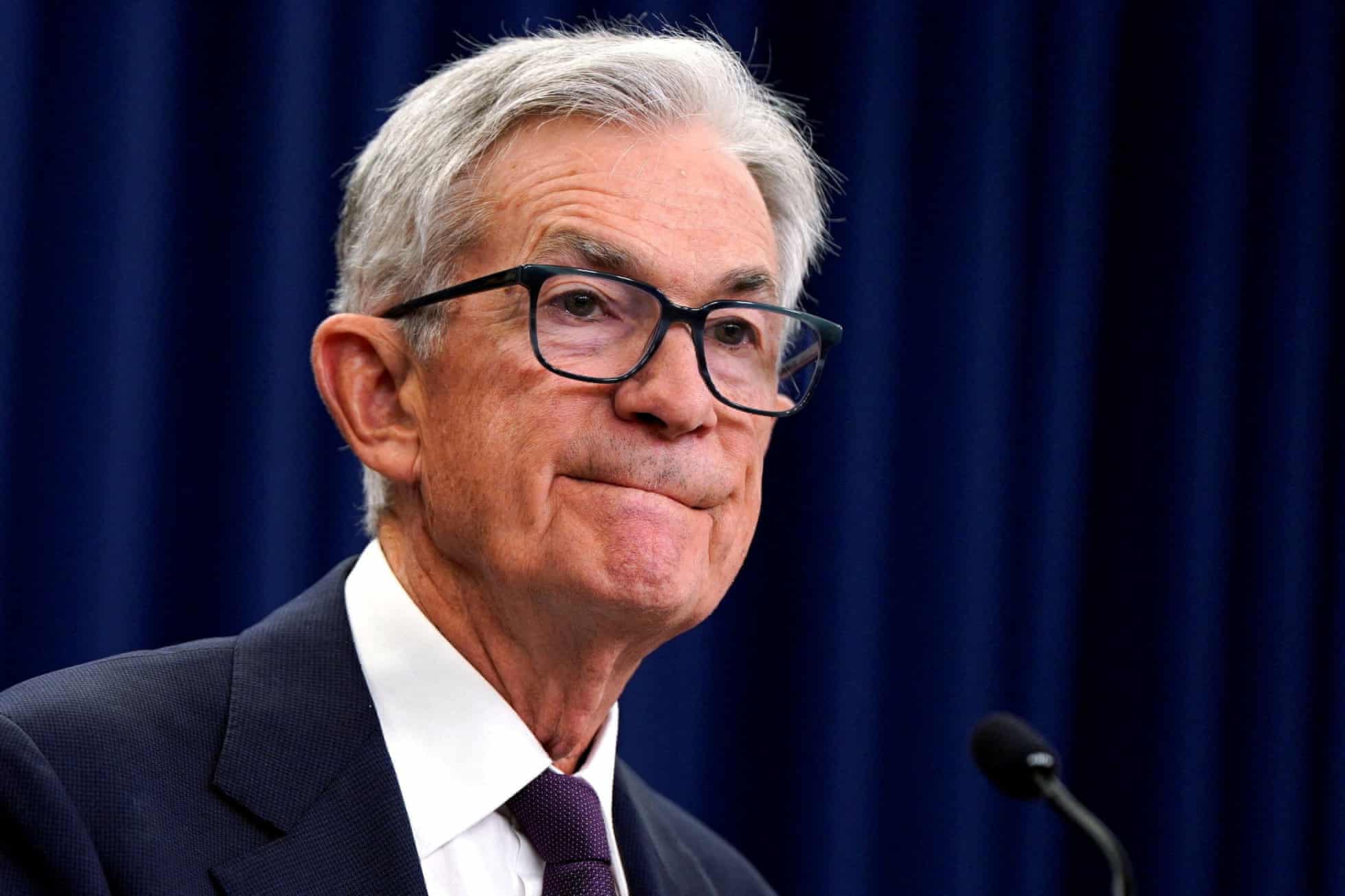 The time has come to ban the “revolving door” between the White House and the Federal Reserve, two academics argued last year. Doing so would be “critical to reducing the incentives for officials to act in the short-term political interests of the president”, they wrote.
The time has come to ban the “revolving door” between the White House and the Federal Reserve, two academics argued last year. Doing so would be “critical to reducing the incentives for officials to act in the short-term political interests of the president”, they wrote.
Eight months ago, the two writers – Dan Katz and Stephen Miran – joined the Trump administration in senior roles. On Tuesday, Miran, the chair of the US council of economic advisers, walked into the Fed as a governor.
Strolling through the revolving door himself, Miran pledged during his confirmation hearing to preserve the Fed’s independence, but made clear he would not resign from the White House, just take unpaid leave.
Having expressed concern last year about the Fed’s vulnerability to the short-term political interests of the president, Miran was rushed into his new seat on the central bank’s board of governors hours before its latest meeting – as Donald Trump continued to push to have another voting member removed.





 Meta will lay off roughly 600 employees within its artificial intelligence unit as the company looks...
Meta will lay off roughly 600 employees within its artificial intelligence unit as the company looks... The White House budget director, Russell Vought, said on Friday that the Trump administration will freeze...
The White House budget director, Russell Vought, said on Friday that the Trump administration will freeze...






























